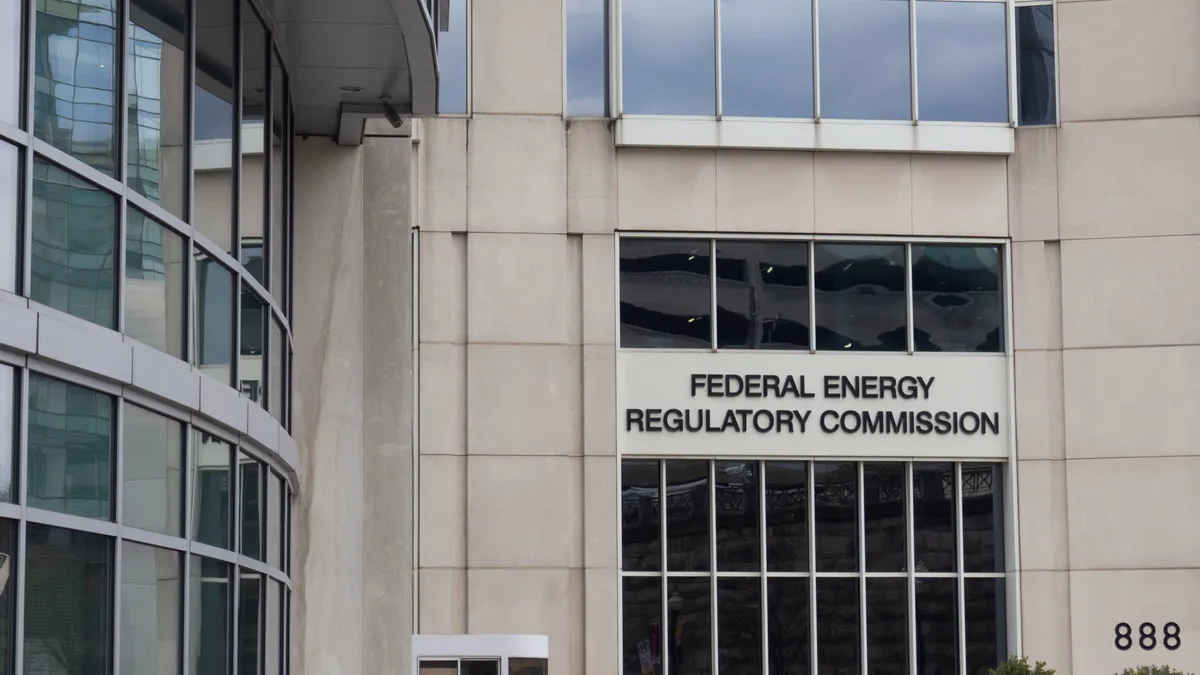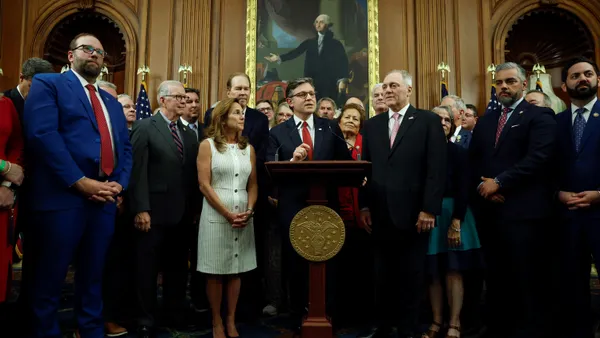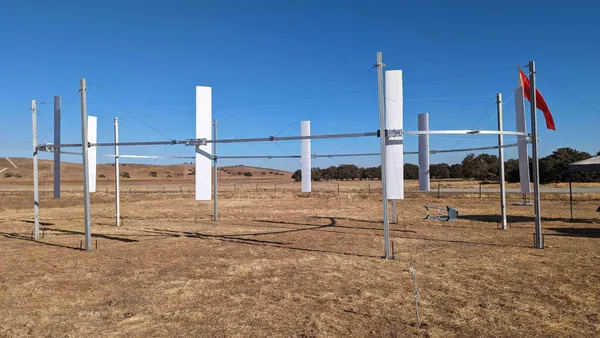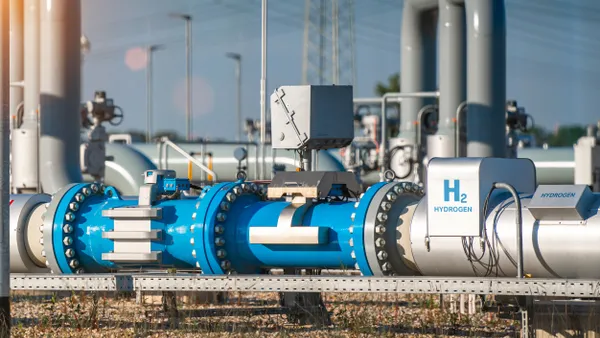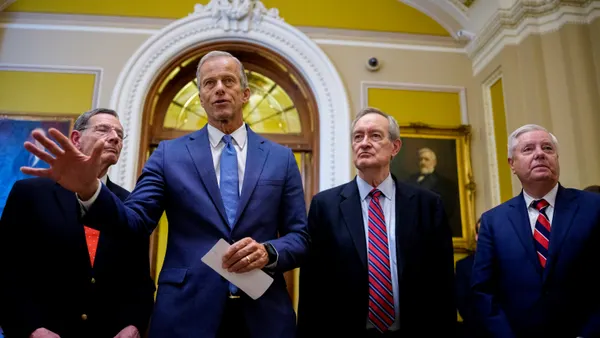Dive Brief:
- Duke Energy wants to get into the solar leasing business, offering to build, own and operate on-site generation up to 1 MW for nonresidential customers.
- The utility said yesterday that it recently filed to be a certified solar lessor with the North Carolina Utilities Commission, and that the leases would be offered by an unregulated affiliate, Duke Energy Clean Energy Resources (DECER).
- Last year, the North Carolina legislature passed House Bill 589, which among other things established a competitive bidding program and a solar leasing program allowing customers to work with private parties. It will probably take a few months for regulators to review the application, though the company is hoping for sooner, Duke spokesperson Randy Wheeless told Utility Dive via email.
Dive Insight:
The negotiations that went into North Carolina's HB 589 are beginning to show tangible results, as Duke's solar leases would launch a new business for the company in North Carolina. In South Carolina, Duke can already offer those services.
DECER was organized in 2016 to offer solar leasing in South Carolina, and received approval in January 2017 to be a certified lessor in that state. So far, DECER has not built any facilities or executed a lease. But according to the application filed in North Carolina, the company "is actively engaged in negotiations for several projects anticipated to begin construction in 2019."
DECER would not be financially supported by either Duke Energy Carolinas or Duke Energy Progress, the company's regulated utilities in the region. Instead, it would negotiate with companies to build, own and operate on-site solar facilities.
The leases will allow customers to access renewable energy "without a large upfront investment," Duke said yesterday.
The leases will have terms of up to 20 years, and customers will be able to use all of the system's generation and be eligible for any rebates and net-metering options offered by Duke Energy. Maintenance and upkeep of the solar system will be handle by DECER.
The utility has been accelerating its solar energy efforts in North Carolina and South Carolina. Duke operates 80 solar facilities, almost three dozen of which are located in North Carolina. Duke says its efforts have helped to make North Carolina the second-ranked state in the nation for solar power, while South Carolina was among the 10 fastest-growing states for solar in 2017, according to the Solar Energy Industries Association.
More large electricity customers want to use renewable energy, Rob Caldwell, president of Duke Energy Renewables and Distributed Energy Technology, said in a statement. DECER, will allow the utility to offer customers a "turnkey solar solution to meet their renewable energy goals, while managing the ongoing operations and maintenance of the facility," he said.
Duke plans to use local solar construction and maintenance companies to work on projects.




